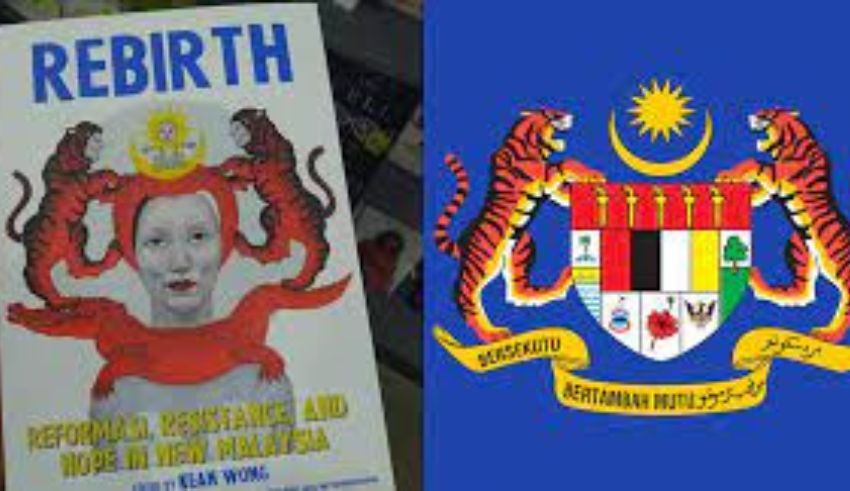
Last updated on October 19th, 2023 at 10:53 pm
In a world where borders blur and identities intermingle, Kean Wong’s story stands as a unique testament to the human spirit’s unyielding pursuit of truth and expression. A Malaysian by citizenship but a resident of Australia for three decades, Kean Wong’s life took an unexpected turn that led to a headline-grabbing incident.
It was a seemingly routine day for Wong when he ventured to renew his passport at the Kelana Jaya Immigration Office in Malaysia. Little did he know that this mundane act would cast him into the throes of a gripping tale. As he waited in line, the hands of fate nudged him towards an encounter with the Malaysian authorities.
What is the Banned Book About
Wong’s involvement in editing a book titled “Rebirth: Reformasi, Resistance, And Hope in New Malaysia” became the focal point of this unusual narrative.
The irony was palpable; why now, after three years? The arrest of Kean Wong raised questions about the government’s commitment to suppressing public discourse and preventing dissent. His supporters, emboldened by organizations like Article 19, decried this arrest as a sinister effort to stifle free speech in the modern age.
Article 19, a champion of free expression, echoed the sentiments of those who believed in the power of words and ideas. They demanded an immediate cessation of investigations against Wong, invoking the principles enshrined in the Federal Constitution of Malaysia and the Universal Declaration of Human Rights.
But the story goes beyond one individual’s ordeal. It’s about the archaic laws that still hold sway, like the Sedition Act and the Printing Presses and Publications Act. These legislative relics, characterized by their broad provisions, have often been wielded as tools to silence voices of dissent. In an age where ideas travel faster than ever, these laws remain a barricade against the free exchange of thoughts.
As the news of Kean Wong’s detention reached Australian shores, it raised concerns that rippled through international relations. The Australian High Commission in Kuala Lumpur raised the issue with the Malaysian government, affirming their commitment to monitoring the case. Australia reiterated its respect for Malaysia’s independent justice system.
Keep Reading
What did Malaysian Authorities do about it?
While the world watched, Malaysian authorities confirmed that Wong was under investigation, specifically regarding the book’s cover that featured a modified national coat of arms. It was a stark reminder of how symbols and ideas can become potent ammunition in the battle for free expression.
The banned book, “Rebirth: Reformasi, Resistance, And Hope in New Malaysia,” was not just a collection of words; it was a manifestation of voices yearning to be heard. It featured articles from New Mandala, a website that has carved its niche by providing a platform for Southeast Asian voices. As its pages were deemed forbidden, it only underscored the growing concern over the shrinking space for free expression in Malaysia.
The world has witnessed a disturbing trend in Malaysia, one where comedians and artists have been detained for their creative works, from satirical Spotify playlists to thought-provoking cartoons. It’s a trend that Human Rights Watch has repeatedly warned against.
Article 19 and other organizations, including Amnesty International Malaysia, have called upon the Malaysian government to repeal sedition laws, a promise they made. As a temporary measure, they urged a moratorium on these laws’ enforcement, pending their repeal or amendment.




